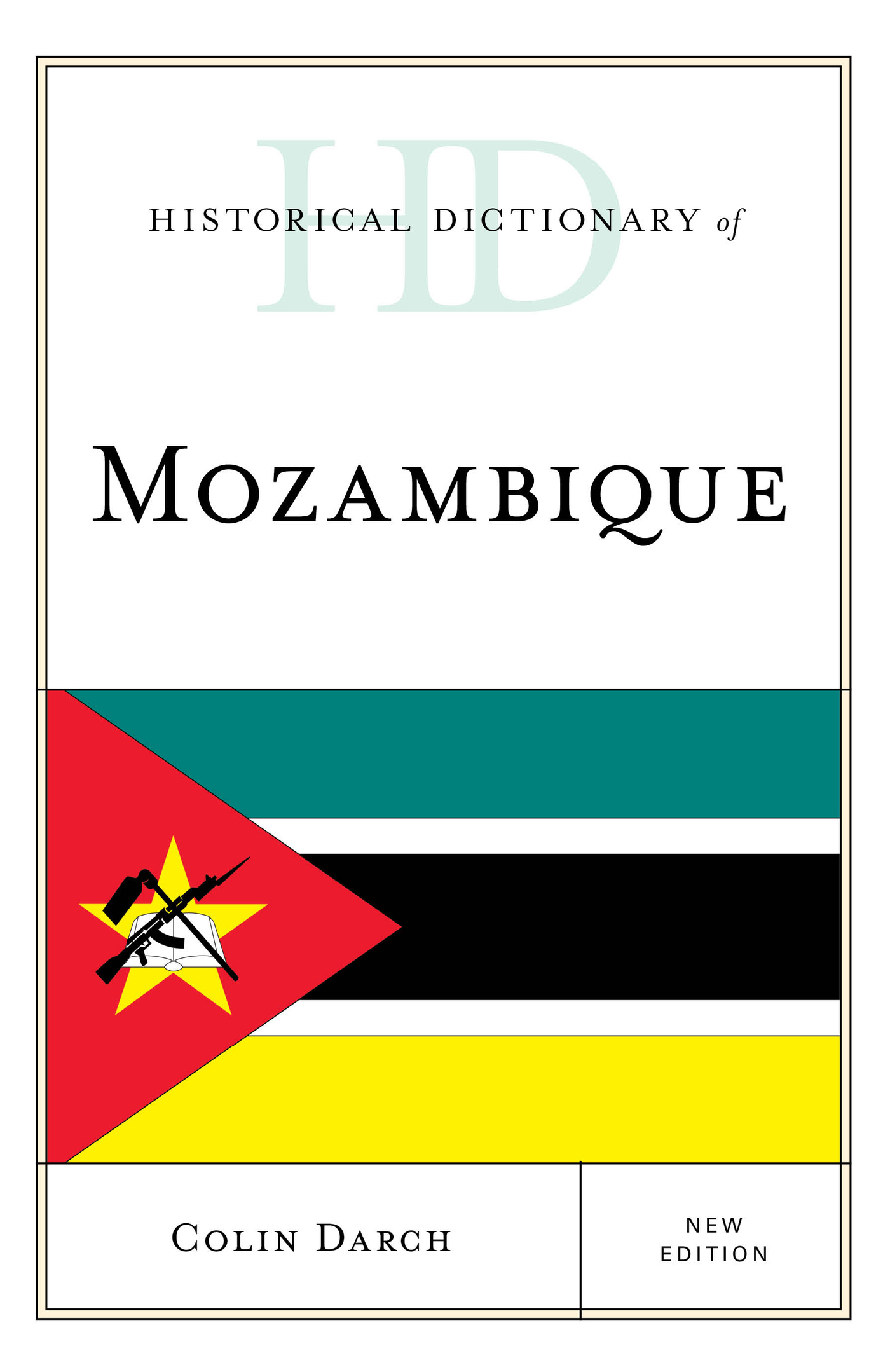The historical dictionaries present essential information on a broad range of subjects, including American and world history, art, business, cities, countries, cultures, customs, film, global conflicts, international relations, literature, music, philosophy, religion, sports, and theater. Written by experts, all contain highly informative introductory essays on the topic and detailed chronologies that, in some cases, cover vast historical time periods but still manage to heavily feature more recent events.
Brief AZ entries describe the main people, events, politics, social issues, institutions, and policies that make the topic unique, and entries are cross-referenced for ease of browsing. Extensive bibliographies are divided into several general subject areas, providing excellent resources for students, researchers, and anyone wanting to know more. Additionally, maps, photographs, and appendixes of supplemental information aid high school and college students doing term papers or introductory research projects. In short, the historical dictionaries are the perfect starting point for anyone looking to research in these fields.
Historical Dictionaries of Africa
Jon Woronoff, Series Editor
Senegal, Second Edition, by Andrew F. Clark and Lucie Colvin Phillips. 1994.
Comoro Islands, by Martin Ottenheimer and Harriet Ottenheimer. 1994.
Uganda, by M. Louise Pirouet. 1995.
Togo, Third Edition, by Samuel Decalo. 1996.
Tanzania, Second Edition, by Thomas P. Ofcansky and Rodger Yeager. 1997.
Equatorial Guinea, Third Edition, by Max Liniger-Goumaz. 2000.
South Africa, Second Edition, by Christopher Saunders and Nicholas Southey. 2000.
Swaziland, Second Edition, by Alan R. Booth. 2000.
Djibouti, by Daoud A. Alwan and Yohanis Mibrathu. 2000.
Liberia, Second Edition, by D. Elwood Dunn, Amos J. Beyan, and Carl Patrick Burrowes. 2001.
Zimbabwe, Third Edition, by Steven C. Rubert and R. Kent Rasmussen. 2001.
Somalia, Second Edition, by Mohamed Haji Mukhtar. 2002.
Western Sahara, Third Edition, by Anthony G. Pazzanita. 2005.
Madagascar, Second Edition, by Philip M. Allen and Maureen Covell. 2005.
Sierra Leone, New Edition, by C. Magbaily Fyle. 2005.
Burundi, Third Edition, by Ellen K. Eggers. 2007.
Republic of Cape Verde, Fourth Edition, by Richard A. Lobban Jr. and Paul Khalil Saucier. 2007.
Zambia, Third Edition, by David J. Simon, James R. Pletcher, and Brian V. Siegel. 2008.
Mali, Fourth Edition, by Pascal James Imperato, Gavin H. Imperato, and Austin C. Imperato. 2008.
Mauritania, Third Edition, by Anthony G. Pazzanita. 2009.
Nigeria, by Toyin Falola and Ann Genova. 2009.
Republic of Cameroon, Fourth Edition, by Mark Dike DeLancey, Rebecca Mbuh, and Mark W. DeLancey. 2010.
Eritrea, Second Edition, by Dan Connell and Tom Killion. 2011.
Angola, Second Edition, by W. Martin James. 2011.
Malawi, Fourth Edition, by Owen J. M. Kalinga. 2012.
Niger, Fourth Edition, by Abdourahmane Idrissa and Samuel Decalo. 2012.
Republic of the Congo, Fourth Edition, by John F. Clark and Samuel Decalo. 2012.
Namibia, Second Edition, by Victor L. Tonchi, William A. Lindeke, and John J. Grotpeter. 2012.
Benin, Fourth Edition, by Mathurin C. Houngnikpo and Samuel Decalo. 2013.
Burkina Faso, Third Edition, by Lawrence Rupley, Lamissa Bangali, and Boureima Diamitani. 2013.
Sudan, Fourth Edition, by Robert S. Kramer, Richard A. Lobban Jr., and Carolyn Fluehr-Lobban. 2013.
Ethiopia, Second Edition, by David H. Shinn and Thomas P. Ofcansky. 2013.
Egypt, Fourth Edition, by Arthur Goldschmidt Jr. 2013.
Lesotho, Second Edition, by Scott Rosenberg and Richard F. Weisfelder. 2013.
Republic of Guinea-Bissau, Fourth Edition, by Peter Karibe Mendy and Richard A. Lobban Jr. 2013.
Guinea, Fifth Edition, by Mohamed Saliou Camara, Thomas E. OToole, and Janice E. Baker. 2013.
Ghana, Fourth Edition, by David Owusu-Ansah. 2014.
Libya, Fifth Edition, by Ronald Bruce St. John. 2014.
Kenya, Third Edition, by Robert M. Maxon and Thomas P. Ofcansky. 2014.
Algeria, Fourth Edition, by Phillip C. Naylor. 2015.
Rwanda, Second Edition, by Aimable Twagilamana. 2016.
Cte dIvoire (The Ivory Coast), Third Edition, by Cyril K. Daddieh. 2016.
Central African Republic, New Edition, by Richard Bradshaw and Juan Fandos-Rius. 2016.
The Gambia, Fifth Edition, by David Perfect. 2016.
Morocco, Third Edition, by Aomar Boum and Thomas K. Park. 2016.
Democratic Republic of the Congo, Fourth Edition, by Emizet Franois Kisangani. 2016.
Tunisia, Third Edition, by Kenneth J. Perkins. 2016.
Gabon, Fourth Edition, by Douglas A. Yates. 2018.
Botswana, Fifth Edition, by Barry Morton and Jeff Ramsay. 2018.
Chad, Fourth Edition, by Mario J. Azevedo and Samuel Decalo. 2018.
Mozambique, New Edition, by Colin Darch. 2019.
Name: Darch, Colin, author.
Title: Historical dictionary of Mozambique / Colin Darch.
Description: New edition. | Lanham, Maryland : Rowman & Littlefield, 2018. | Series: Historical dictionaries of Africa | Includes bibliographical references.
Identifiers: LCCN 2018031339 (print) | LCCN 2018032264 (ebook) | ISBN 9781538111352 (electronic) | ISBN 9781538111345 (cloth : alk. paper)
Subjects: LCSH: MozambiqueHistoryDictionaries.
Classification: LCC DT3337 (ebook) | LCC DT3337 .D37 2019 (print) | DDC 967.9/003dc23
In loving memory of Macdaniel Makanjila Ngoma, 19732014.
Hatutakusahau.
The Republic of Mozambique is a modern state, at least considerably more modern now than it was in the early 1500s when the Portuguese arrived and began the centuries-long process of establishing full control. And it has made considerable progress since 1975, when, after a long and bloody struggle, it became independent. There is a national government, with varying roles played both now and in the recent past by political parties and armed movements such as Frelimo and RENAMO. The country has a modern economy, and much of the wealth comes from natural resources. Although the official language is Portuguese, it is only spoken by a minority of the population, whose real languages are those of the various ethnic groups. And despite the national flag, anthem, and constitution, people often feel more committed to their ethnic groups.

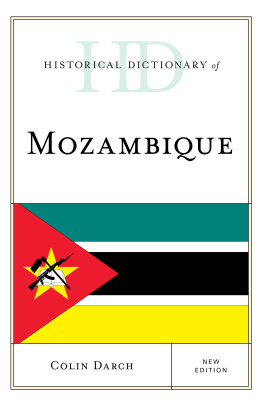
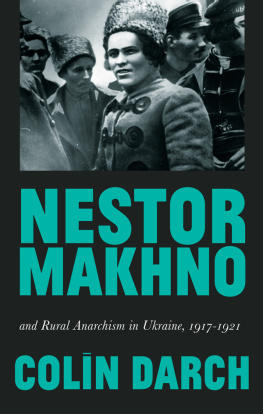

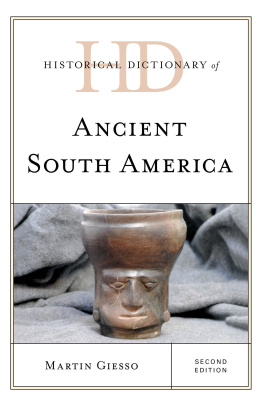
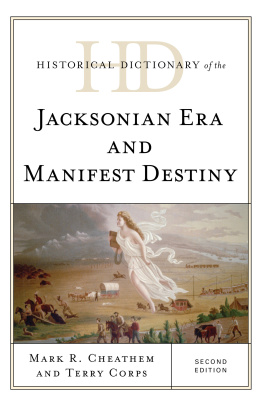
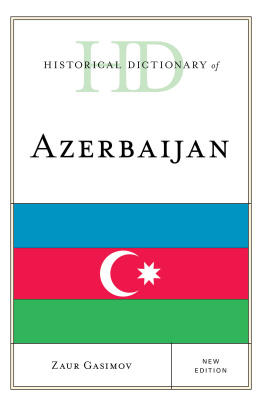
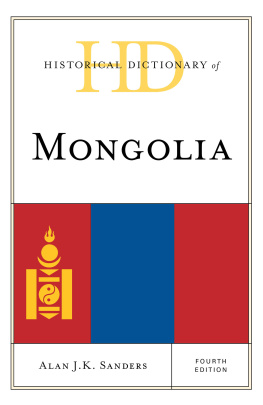
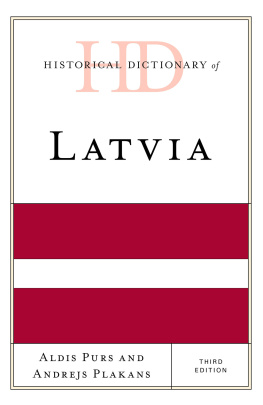
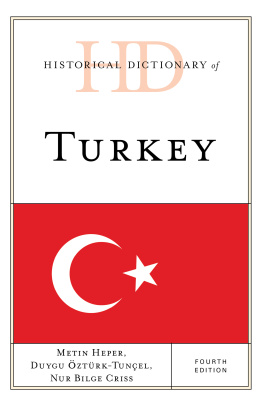


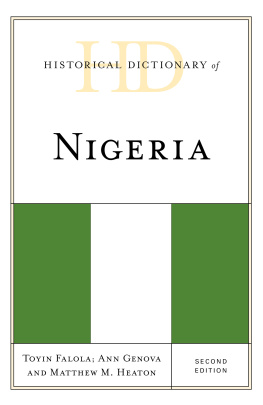
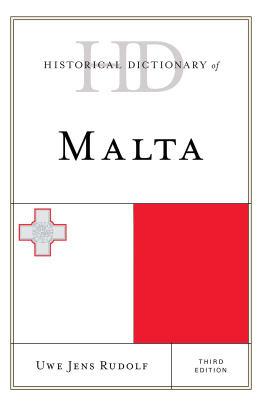
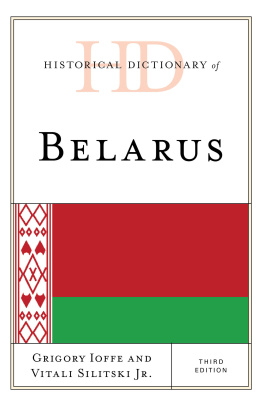
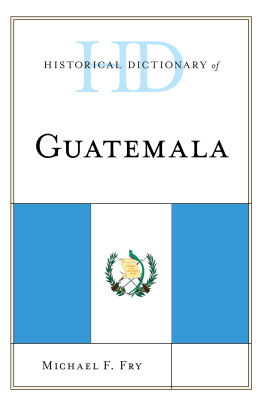
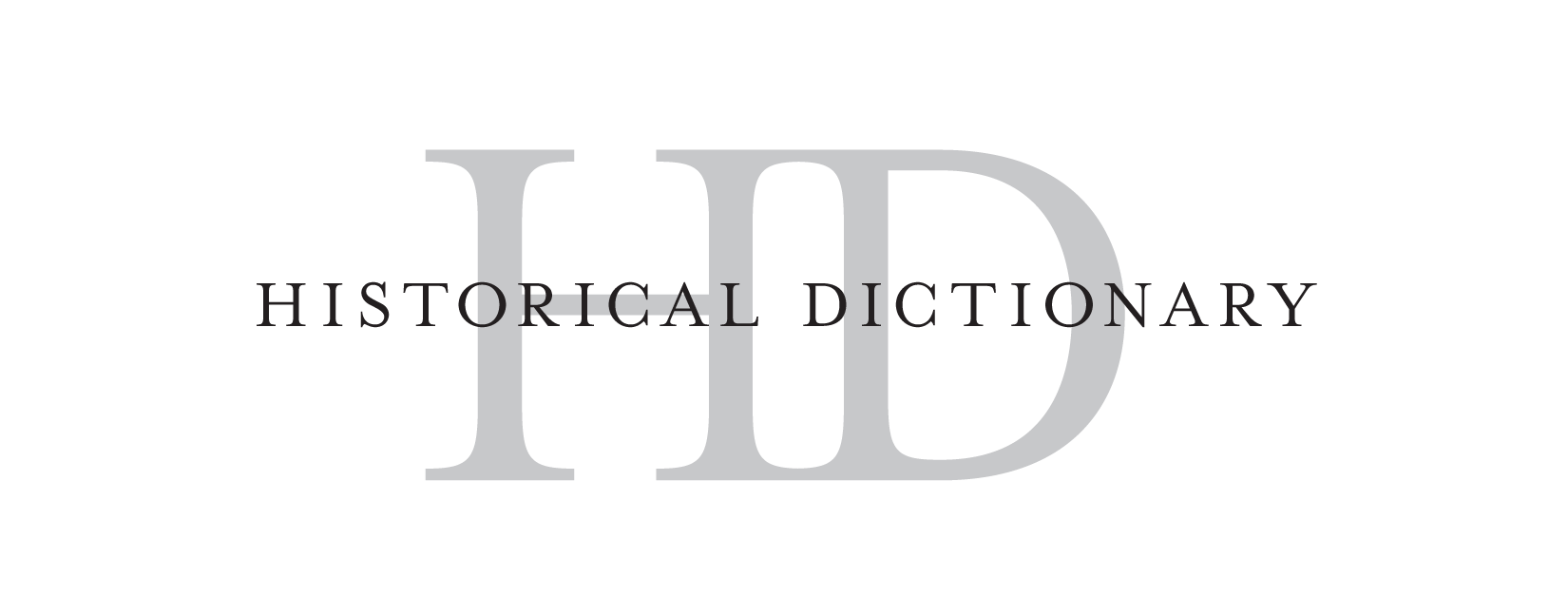
 TM The paper used in this publication meets the minimum requirements of American National Standard for Information Sciences Permanence of Paper for Printed Library Materials, ANSI/NISO Z39.48-1992.
TM The paper used in this publication meets the minimum requirements of American National Standard for Information Sciences Permanence of Paper for Printed Library Materials, ANSI/NISO Z39.48-1992.